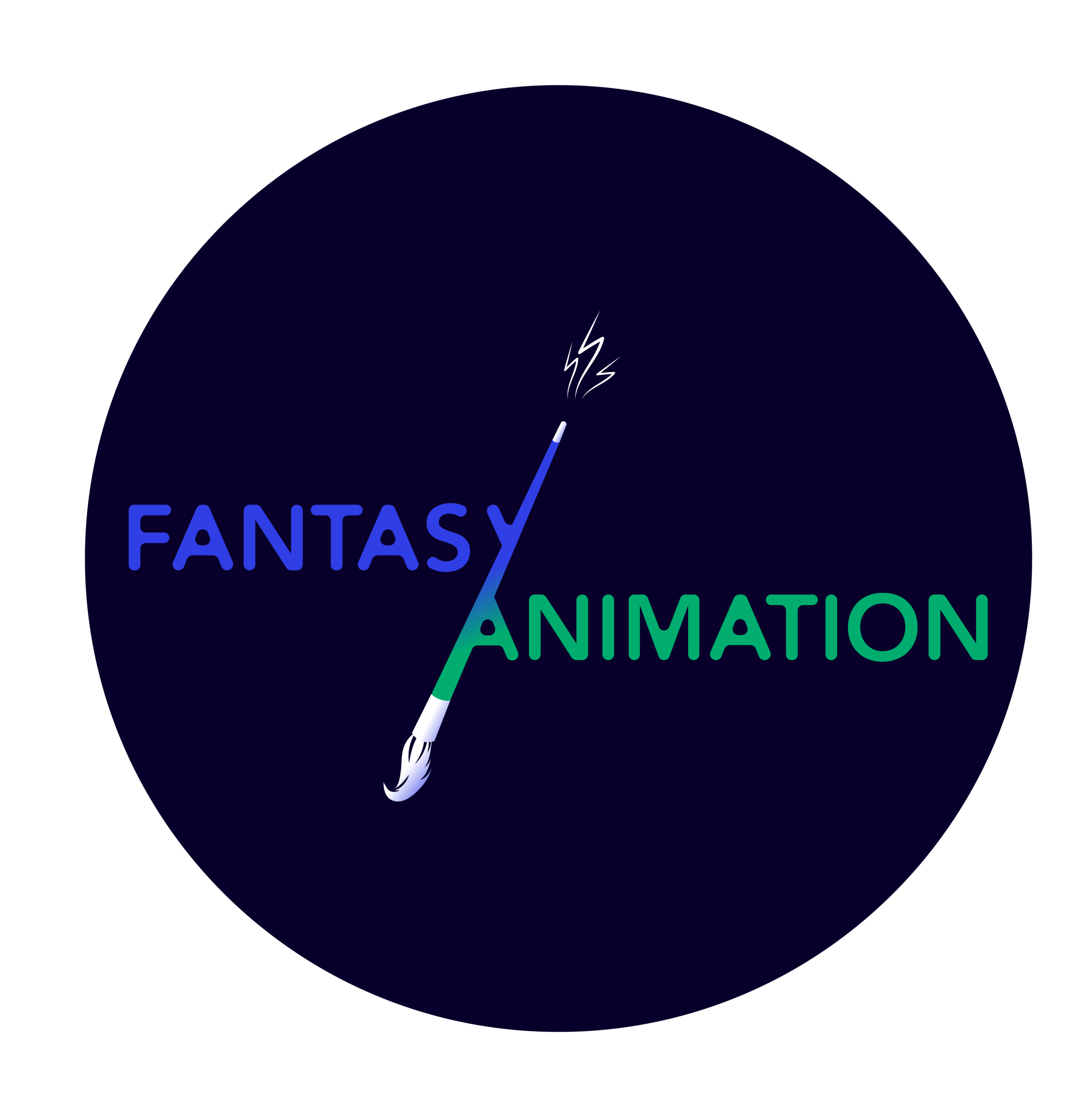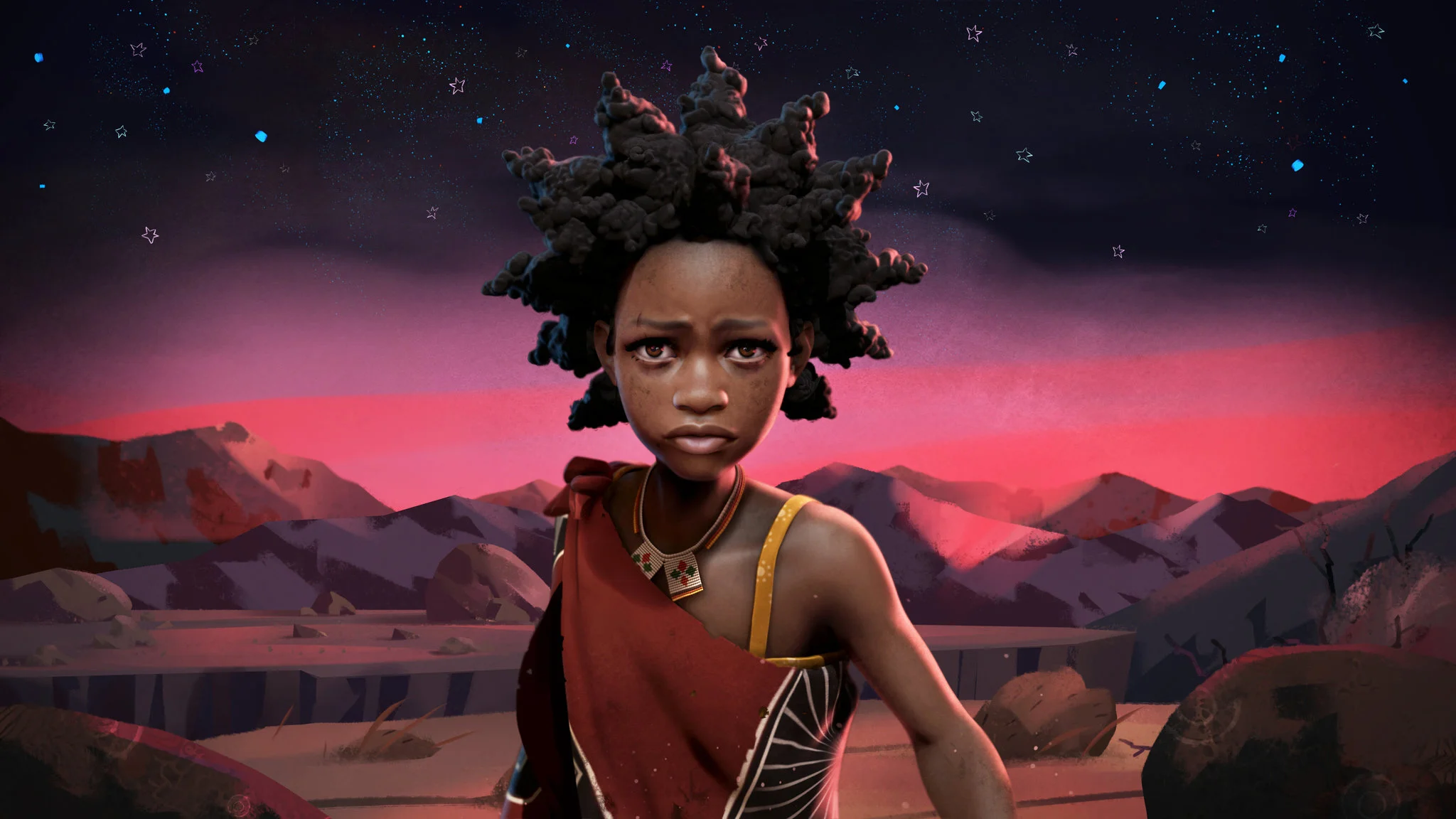Events like the Animex Research and Innovation Conference are important in drawing together a diverse range of researchers, practitioners, and educators from around the world to discuss and address some of the most critical aspects of animation and gaming. Such events, through the creation of an environment of collaboration, give opportunities to investigate the expanse of these fields: from traditional 2D and 3D animation, including stop motion, digital techniques, and CGI, to the innovative realms of gaming.
Read MoreThe story began with discussions with colleagues about cultural competence content to train staff and students. I appreciated the unique insights I had on these perspectives, both as an outsider (experiences I had as a non-native) and as an insider (working as an academic in the UK for the past 17 years). Driven by a desire to address this issue, I began exploring the less overt forms of bias, i.e., microaggressions. While explicit biases are widely acknowledged for their impact, implicit biases are subtler and vary significantly based on individual backgrounds, education, and conditioning.
Read MoreThe resources below were originally compiled in response to an email my colleague Kodi Maier sent to the Society for Animation Studies listserv in order to begin a conversation and resource exchange aimed at defining best practices for creating an anti-racist classroom in our subfield. I would like to once again thank Kodi for taking the initiative to remind us of our collective responsibility as scholars, educators, and human beings.
Read MoreWith the Global Climate Strike, Greta Thunberg, environmental disasters and the rise of Extinction Rebellion, it seems like this is the decade when the world is waking up to the environmental emergency. However, it is clear that the research that climate-induced natural catastrophes and multiple activist organisations have existed for decades (especially if we cast our minds back to the 1960s), without leading to a real sense of urgency, albeit due to enormous efforts by big polluters to deny the science. This is where animation comes in. Data from hardworking scientists and policy analysts have illustrated the rapid destruction of our natural habitat for decades. But today, media – and animation in our case – has been able to obtain a much stronger impact on civil society – and, by extension, politicians – and amplify the voices of those who have been too easily dismissed in the past.
Read MoreSince emerging onto the Animation Studies scene five years ago, the Animation and Public Engagement Symposium (APES) has been held annually in different locations across the UK. But for the first time in 2019, APES went international, hosted by Jorgelina Orfila and Francisco Ortega at Texas Tech University, Lubbock between September 19th-21st.
Read MoreSurprisingly only in its fourth full year since its inauguration as part of the Bradford Animation Festival in 2014, the annual Animation and Public Engagement Symposium is swiftly becoming a staple of the animation studies calendar. Wonderfully co-ordinated by Loughborough University's Melanie Hani and Roberta Bernabei, this year’s event was held at the imposing Beaumanor Hall, Woodhouse, Leicestershire, UK, and offered a vital glimpse into the impressive and wide-ranging work that is enveloping animation practices across a multitude of disciplines and intellectual fields.
Read More





